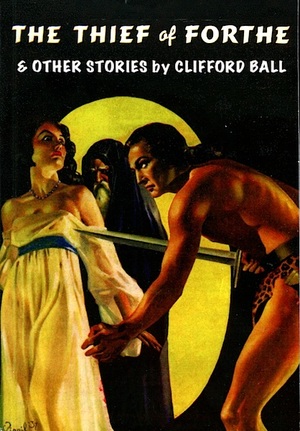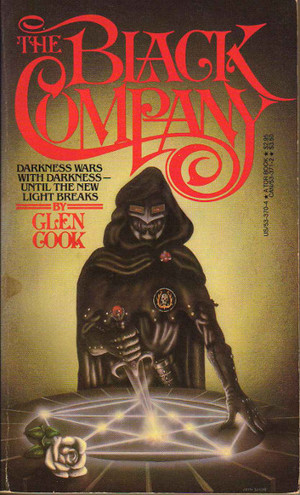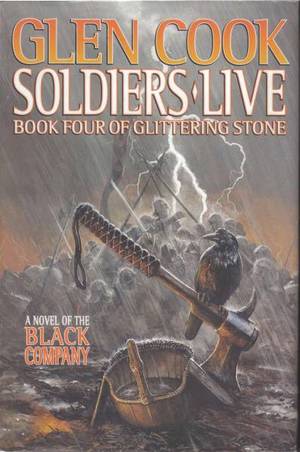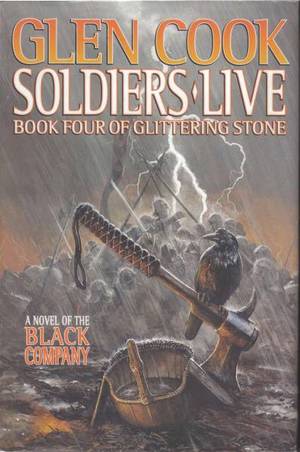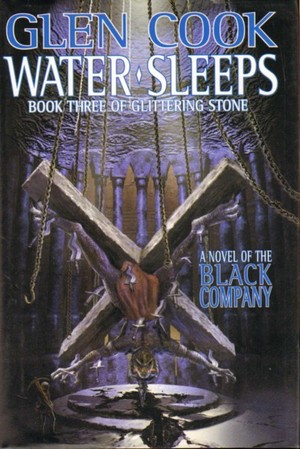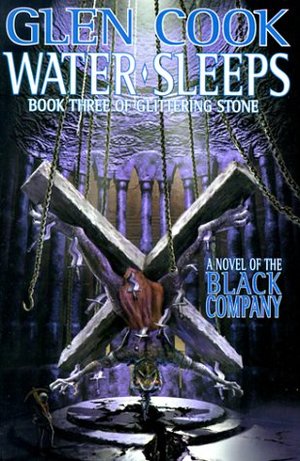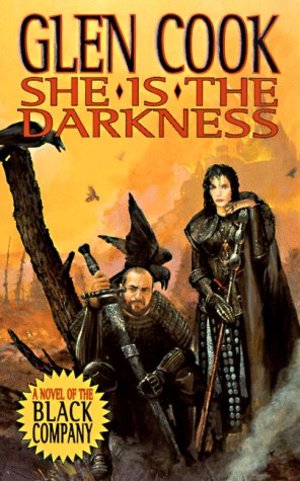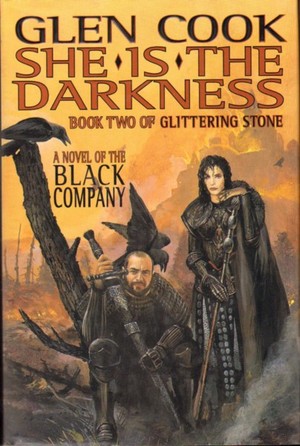Under a Blood-Red Sun: The Shadow of the Torturer by Gene Wolfe
Of those values that Master Malrubius (who had been master of apprentices when I was a boy) had tried to teach me, and that Master Palaemon still tried to impart, I accepted only one: loyalty to the guild. In that I was quite correct — it was, as I sensed, perfectly feasible for me to serve Vodalus and remain a torturer. It was in this fashion that I began the long journey by which I have backed into the throne.
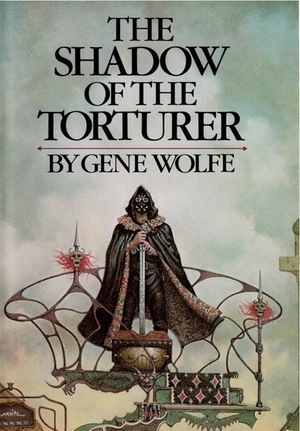 Based solely on Don Maitz’s now classic cover art, I grabbed Gene Wolfe’s The Shadow of the Torturer (1980) from the library shelf as soon as I laid eyes on it. I cracked it open and dropped it almost at once. It was too dense and too alien for my teenaged brain to appreciate. To this day, Gene Wolfe, considered one of the most accomplished scifi/fantasy writers (see “Sci-fi’s Difficult Genius” by Peter Bebergal), remains a serious blind spot for me, even if I do have a large selection of his most important works gathering dust on the shelf.
Based solely on Don Maitz’s now classic cover art, I grabbed Gene Wolfe’s The Shadow of the Torturer (1980) from the library shelf as soon as I laid eyes on it. I cracked it open and dropped it almost at once. It was too dense and too alien for my teenaged brain to appreciate. To this day, Gene Wolfe, considered one of the most accomplished scifi/fantasy writers (see “Sci-fi’s Difficult Genius” by Peter Bebergal), remains a serious blind spot for me, even if I do have a large selection of his most important works gathering dust on the shelf.
I did finally revisit Shadow some years ago, but while I liked it and the next book in the sequence, The Claw of the Conciliator, I didn’t go on to read the remaining three volumes, The Sword of the Lictor, The Citadel of the Autarch, and The Urth of the New Sun. Well, it finally seems like the right time to give the series another go.
Urth is a dull, rusted-out world orbiting a fading, red sun. Within the Matachin Tower, in the citadel of the great capital city of Nessus, the Order of the Seekers for Truth and Penitence, or the Torturers, service the clients sent them by the Autarch, absolute ruler of the Commonwealth. Once among their members was a young apprentice named Severian. From some future vantage point Severian has set out to narrate the great story that seems to end with him upon a throne, presumably the Autarch’s.
From William Hope Hodgson to Clark Ashton Smith to Jack Vance, worn-out Earth with fading-ember sun has been explored many times. For Hodgson it was a stage on which to tell a story of romantic heroism, for Smith, to spin tales of decadence and terror, and for Vance, cynically comic tales of adventure. With only the first book read, it’s not clear where Wolfe is going with this series. The myths and legends that are told by various characters throughout The Shadow of the Torturer are filled with angels and demons and premonitions of impending apocalypse. While there are elements similar to those in the works of the illustrious earlier sojourners to Earth’s dying days, Wolfe seems to be aiming for something deeper and more complex than his forebears.
Severian’s Urth is decrepit and weather-beaten. More knowledge seems to have been forgotten than is still remembered and the world staggers along, propped up more by tradition than by any real understanding or philosophy. While we learn man has traveled to the stars, that seems to be long in the past. The tower used by the Torturers, as well as those of several other guilds, are clearly long-immobilized rocket ships. The sand favored by many artists for their creations is atomized glass of long-vanished cities. What appears to Severian as a painting of a warrior in a barren land, to the reader it is obviously Neil Armstrong on the moon.

